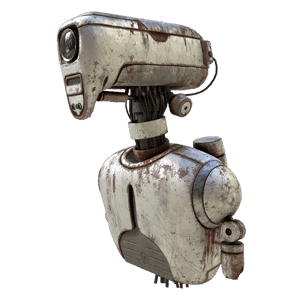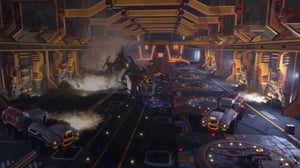
Game Development Careers
Explore game development career paths and different types of game jobs available
Student work by Alan Blackwell
GAME DEVELOPMENT CAREERS
Discover your game development career pathways
The video game industry is booming and there are many types of jobs in the game industry for you to choose from! Click on each role for detailed job descriptions, salary expectations and other key information about working in game dev.
Types of Game Development Jobs
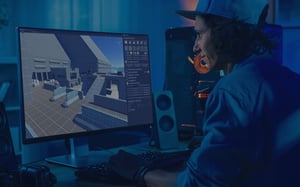
Game Designer
Game Designer
Find Out More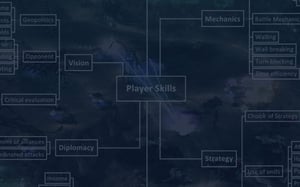
Systems Designer
Systems Designer
Find Out More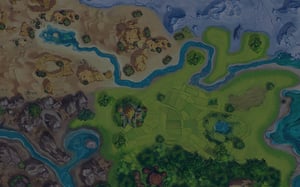
Level Designer
Level Designer
Find Out More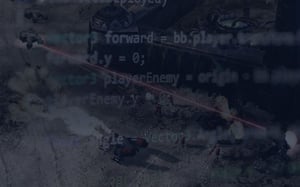
Game Programmer
Game Programmer
Find Out More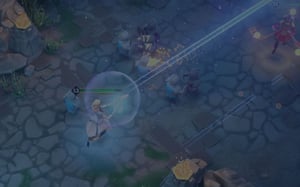
AI Programmer
AI Programmer
Find Out More
Gameplay Engineer
Gameplay Engineer
Find Out More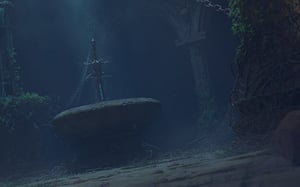
Game Artist
Game Artist
Find Out More
Character Artist
Character Artist
Find Out More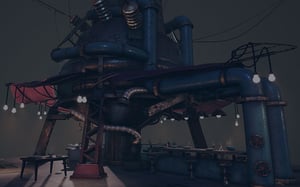
Environment Artist
Environment Artist
Find Out More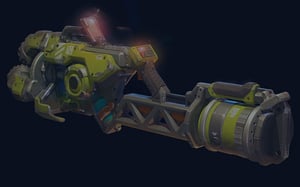
Asset Artist
Asset Artist
Find Out More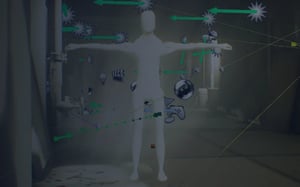
Technical Artist
Technical Artist
Find Out More
QA Game Tester
QA Game Tester
Find Out More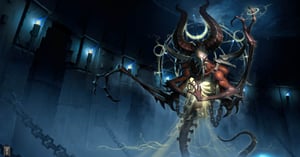
Splash Artist
Splash Artist
Find Out More
Gameplay Animator
Gameplay Animator
Find Out More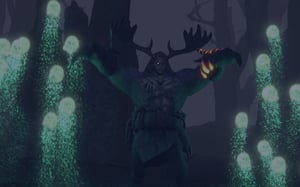
FX Artist
FX Artist
Find Out More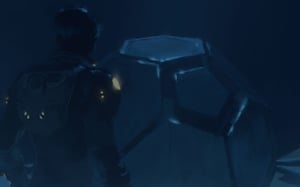
Game Illustrator
Game Illustrator
Find Out More
Narrative Designer
Narrative Designer
Find Out More
STUDY GAME DEVELOPMENT
Ready to kick-start your video game career?
Start your journey with expert mentorship from game devs who have worked on major games! Explore beginner and advanced online game dev courses and get closer to your dream job!
